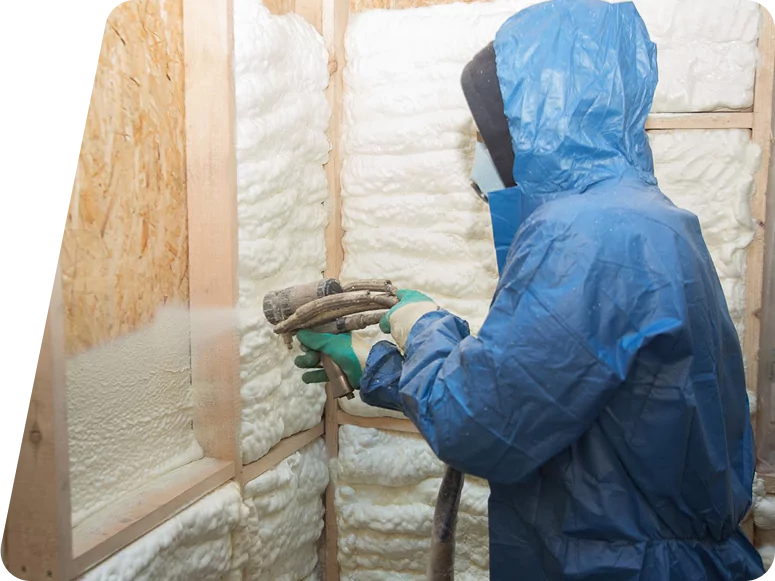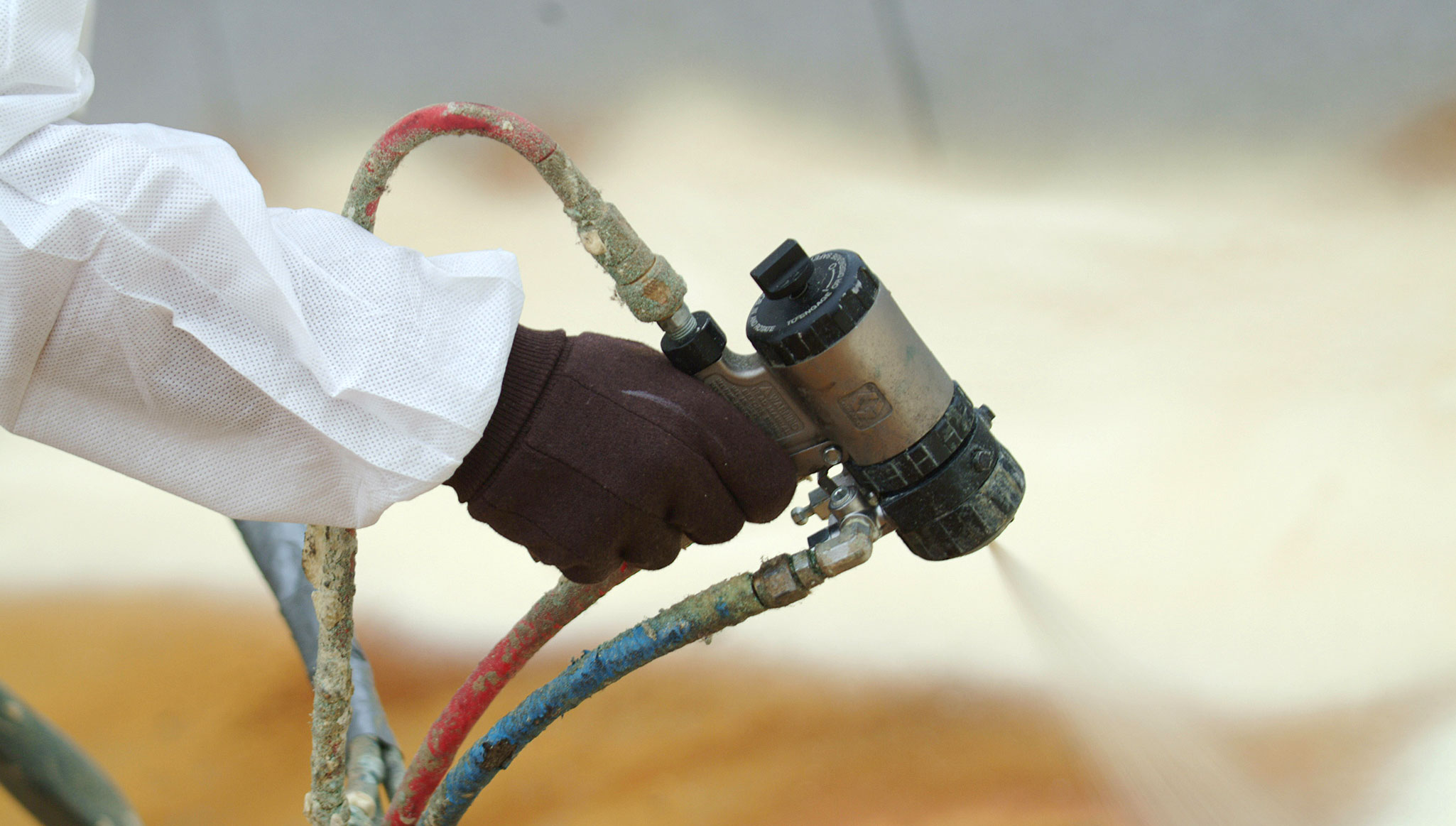Spray foam insulation is gaining popularity as an energy-efficient and cost-effective solution for residential and commercial buildings. As the demand for this service continues to grow, the need for skilled spray foam applicators rises. If you are fascinated by the construction industry, enjoy working with tools, and have an eye for detail, becoming a spray foam applicator might be the right career path for you. This comprehensive guide will walk you through the steps required to become a successful spray foam applicator, including the necessary skills, training programs, certifications, and potential career opportunities.
- Understanding the Role of a Spray Foam Applicator:
Before embarking on your journey to becoming a spray foam applicator, it is crucial to have a clear understanding of the role and responsibilities involved. Spray foam applicators are responsible for the installation of spray foam insulation in residential, commercial, or industrial buildings. Their primary task is to spray a mixture of chemicals that expands into foam, providing a seamless insulation layer that improves energy efficiency and reduces air leakage. This job requires knowledge of safety procedures, equipment operation, and specific techniques to achieve the desired results. - Developing the Required Skills:
To become a proficient spray foam applicator, several skills are essential. Firstly, a strong work ethic, as this line of work often involves physically demanding tasks. An attention to detail is crucial for accurately measuring and applying the foam insulation, ensuring proper coverage and avoiding gaps. Basic math skills are necessary for calculating materials and estimations on the job site. Good communication skills are important as spray foam applicators often work in a team and need to effectively interact with clients. Additionally, problem-solving skills are needed to address challenges that may arise during installations. - Training Programs and Certifications:
While on-the-job training may be available in some cases, completing a formal spray foam training program is highly recommended to gain the necessary knowledge and hands-on experience. Look for reputable organizations or training centers that offer spray foam applicator courses that cover safety procedures, equipment operation, installation techniques, and troubleshooting. These programs usually consist of both theoretical and practical modules to ensure a well-rounded education.
Moreover, certifications play a vital role in establishing credibility as a spray foam applicator. Many organizations, such as the Spray Polyurethane Foam Alliance (SPFA) and the Canadian Urethane Foam Contractors Association (CUFCA), offer certifications that demonstrate your competency and adherence to industry standards. These certifications can be obtained by completing specific training programs, passing exams, and meeting experience requirements.
- Getting Hands-On Experience:
While theoretical knowledge is important, gaining hands-on experience is equally crucial to become a competent spray foam applicator. Seek apprenticeships or internships with experienced professionals or companies in the field to learn firsthand about the intricacies of the job. These opportunities will allow you to refine your skills further, understand proper safety protocols, and familiarize yourself with various types of equipment and foam products. - Exploring Career Opportunities:
Once you have acquired the necessary skills, certifications, and experience, various career paths await you as a spray foam applicator. You can choose to work as an independent contractor, partnering with construction companies or insulation contractors. Alternatively, you can join established insulation companies, building restoration firms, or energy efficiency consulting firms. Moreover, pursuing further education and specializing in specific types of spray foam applications, such as roofing or industrial insulation, can open up additional opportunities and higher earning potential.
Becoming a spray foam applicator requires a blend of knowledge, skills, certifications, and hands-on experience. By following the steps outlined in this guide, you can embark on a rewarding career in the construction industry. Remember, dedication, continuous learning, and a commitment to high-quality work are key to establishing yourself as a successful and sought-after spray foam applicator.





